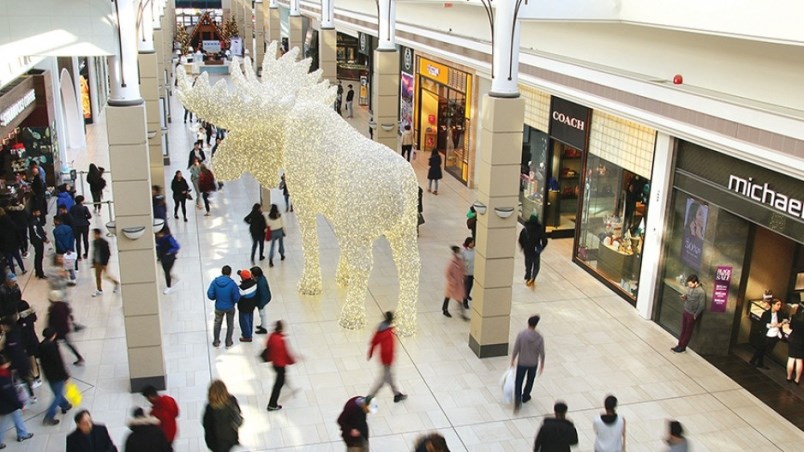With consumer sales making up roughly 78% of the national GDP, as retail goes, so goes the economy.
Retail sales have been slowing across the country in recent months, and 2020 is expected to be more of the same. Sales are projected to grow 1.3 to 1.4 per cent next year, which would make 2020 the worst year in retail growth since the global financial crisis in 2009. Durable goods sales such as automobiles have also been stagnant for the last half of 2019, and there is little sign of relief in the near future.
Despite the gloomy retail outlook, there are some new developments that consumers and retailers can take advantage of.
Continued market polarization has made the “barbell” economy a feature of Canadian retail, in which retailers tend to be either high-end luxury brand shops or discount stores, with few outlets servicing the space in between.
According to a BDO report, Retail Trends in Canada 2019-2020, this has made the mid-price market a tough place for independent and mid-market retailers. Market polarization is expected to intensify in Canada, and the BDO report suggests that retailers will have to pick a side.
“Are you Nordstrom or are you Dollarama?” asks the report.
In 2020, customer experience will continue to take a more prominent role in the retail industry. Canadians are the most active retail loyalty program users, according to Craig Patterson, editor of Retail Insider.
Loyalty programs aren’t the only way to keep customers coming back in 2020. In general, customers are looking for more experience-driven retail products and services, according to a Harris poll. The poll found that 78 per cent of millennials would rather spend money on an experience or event than on a product.
According to the BDO report, retailers need to adjust to these changing consumer demand trends and consider incorporating them into their products. In-store events, giveaways and promotions not only attract people to a store, but also can make them stay longer and return. Giving something back to shoppers, such as with in-store attractions or reward programs, is one way to cultivate loyalty among your customer base, the report says.
According to PwC Canada’s Emerging Trends in Real Estate 2020 report, retail real estate will continue to adapt to changing times, with less investment in major enclosed mall properties and more attention to digital sidelines.
“The rise of e-commerce doesn’t necessarily mean the end of a brick-and-mortar presence, particularly when retailers integrate their stores with their fulfilment operations,” the report says.
“The overall feeling is that many retailers will have a smaller footprint in the future, with some maintaining a scaled-down storefront in large part to display products available for ordering. Retail property owners are also reinvigorating their properties. Some have welcomed co-working companies to their premises, while others are redeveloping their properties to include community services and residential uses.”
Read more from Business In Vancouver





